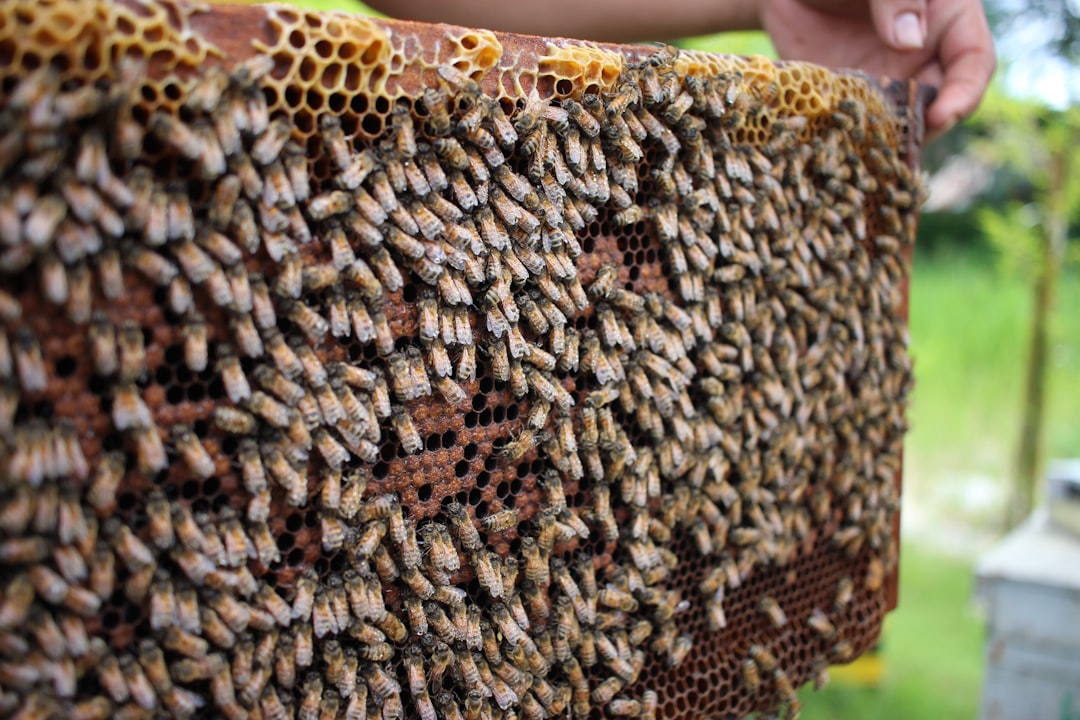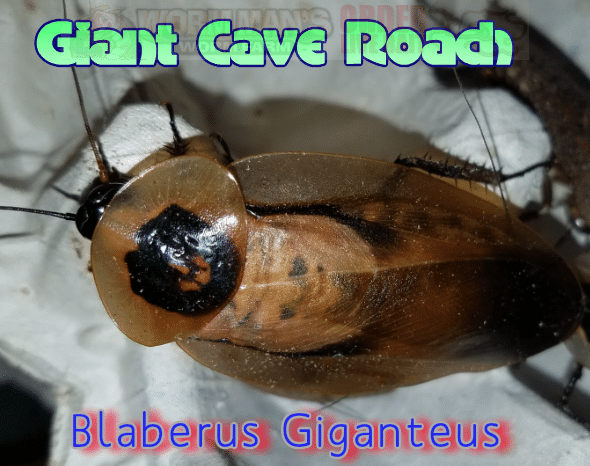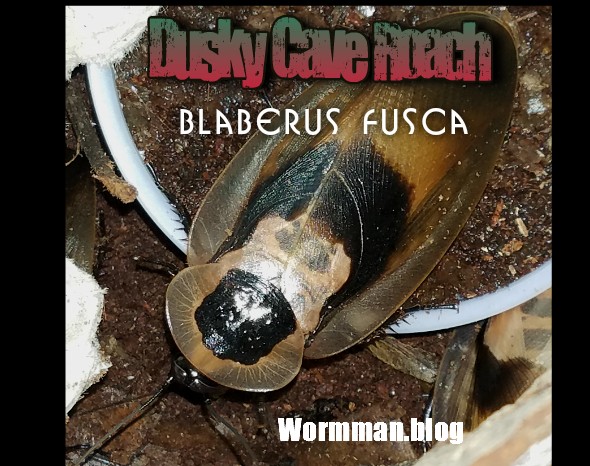
Porcellio Scaber “Calico”

This is a morph of Porcellio Scaber that is calico in color. This has been isolated from our scaber colonies and we are currently breeding the colony in the video. We hope to have these for sale by summer 2018.
Care for Calico Scaber is exactly the same as regular gray Porcellio Scaber. Room temperature, fish flakes, carrots, alfalfa, dried leaves and coir bedding is all you need to get Scaber calico growing and breeding.











